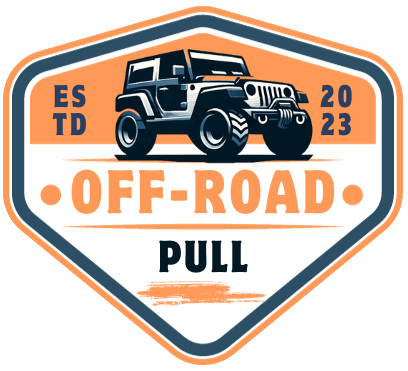Wondering if you really need a winch for your off-road setup? You’re not alone. Whether you’re hitting muddy trails, climbing rocky inclines, or exploring solo in remote areas, the right recovery gear can make or break your trip. In this guide, we’ll explain when a winch is essential, explore the best alternatives, and help you make the right decision based on your terrain, travel style, and risk level.
Quick Answer
Do I really need a winch?
Yes, if you regularly off-road solo or in challenging terrains like mud, sand, or steep trails, a winch is essential for self-recovery. For casual trail riders or those always in groups, alternatives like traction boards or tow straps may suffice. Your choice should depend on terrain, travel style, and risk tolerance.
Factors to Consider
What Situations Require a Winch?
A winch becomes indispensable in scenarios involving remote travel, muddy or rocky terrains, and steep inclines. These conditions increase the risk of getting stuck, especially for solo travelers.
#1 Driving Habits
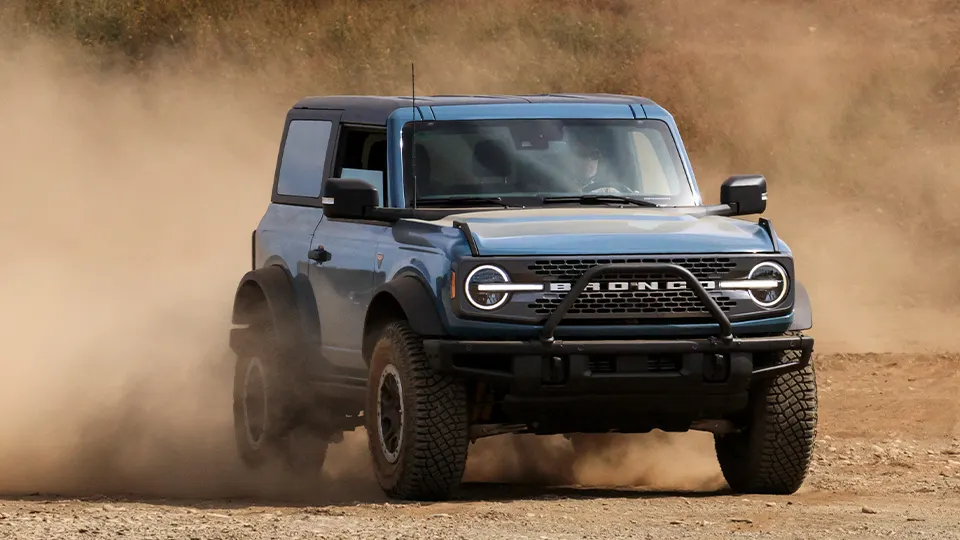
Frequency of Off-Road Adventures:
If you’re someone who regularly ventures off-road, the likelihood of encountering challenging situations where you could get stuck increases significantly.
For casual off-roaders sticking to maintained trails, tools like traction mats or recovery boards might be enough. However, frequent travelers in muddy, rocky, or steep terrains should prioritize a winch for efficient self-recovery.
In such cases, a winch isn’t just an accessory; it’s an essential tool for self-recovery.
Terrain Difficulty:
The complexity of the trails you explore plays a pivotal role. Navigating through muddy paths, rocky terrains, or steep inclines can often lead to situations where your vehicle might get trapped.
A winch provides the mechanical muscle to pull you out of these tough spots.
Solo vs. Group Travel:
When you’re out there alone, you’re solely responsible for your recovery if you get stuck. A winch becomes your silent companion, ready to assist when there’s no one else to help.
Conversely, if you usually travel with a group, you might rely on others for assistance, but having your own winch still adds an extra layer of security.
#2 Vehicle Capabilities
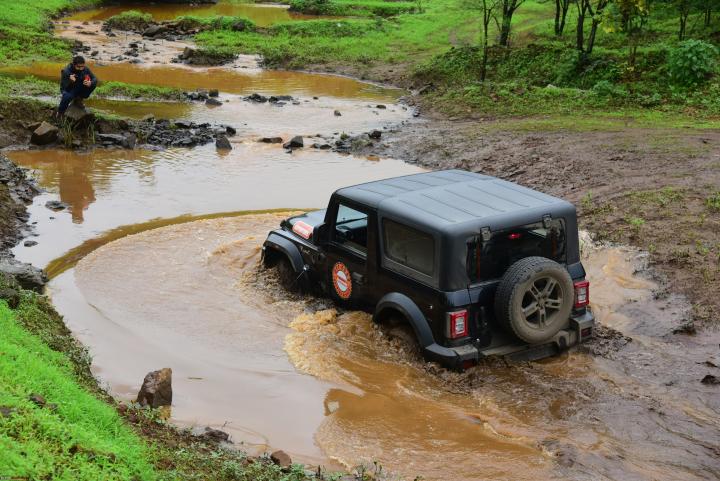
Off-Road Readiness:
Not all vehicles are equally equipped for off-road challenges. Your vehicle’s capabilities, such as 4×4 features, play a crucial role in determining how often you might need a winch.
Vehicles with limited traction control or ground clearance are more prone to getting stuck. A winch compensates for these shortcomings by providing the mechanical force to extract your vehicle from difficult scenarios.
Traction Aids and Clearance:
Vehicles with advanced traction control systems and higher ground clearance can navigate difficult terrain more easily, potentially reducing the need for a winch.
However, even the most capable vehicles can find themselves in predicaments where a winch is invaluable.
Winch Compatibility:
It’s essential to check if your vehicle can accommodate a winch. This includes having proper mounting points and the structural integrity to handle the stresses of winching.
Not all vehicles are winch-ready out of the factory, and some may require modifications.
#3 Budget and Priorities
Cost Considerations
The price of a winch, along with its installation, can be substantial. It’s important to consider this investment in light of the frequency and severity of situations where you might need it.
Compare winch installation costs against recurring expenses like tow fees. Remote recovery services can cost hundreds of dollars, making a one-time winch investment more economical for regular off-roaders.
Potential Tow Fees
In remote areas, tow services can be exorbitantly expensive, and in some cases, they might not even be an option.
Comparing the one-time cost of a winch with potential recurring tow fees can make a winch seem like a more economical choice in the long run.
Value of Self-recovery
There’s an intrinsic value in being able to recover your vehicle by yourself. It’s not just about saving money but also about the independence and confidence that come with knowing you can handle tough situations on your own.
If you’re unsure where to start, check out our best winches for beginners — handpicked options that balance power, price, and ease of use.
Alternative Solutions
While a winch is a powerful tool, it’s not the only option. Other recovery tools like traction mats, recovery boards, and shovels, can be effective in certain situations and might be more budget-friendly.
However, they don’t offer the same level of power and versatility as a winch.
Alternatives to Winches
Traction Mats
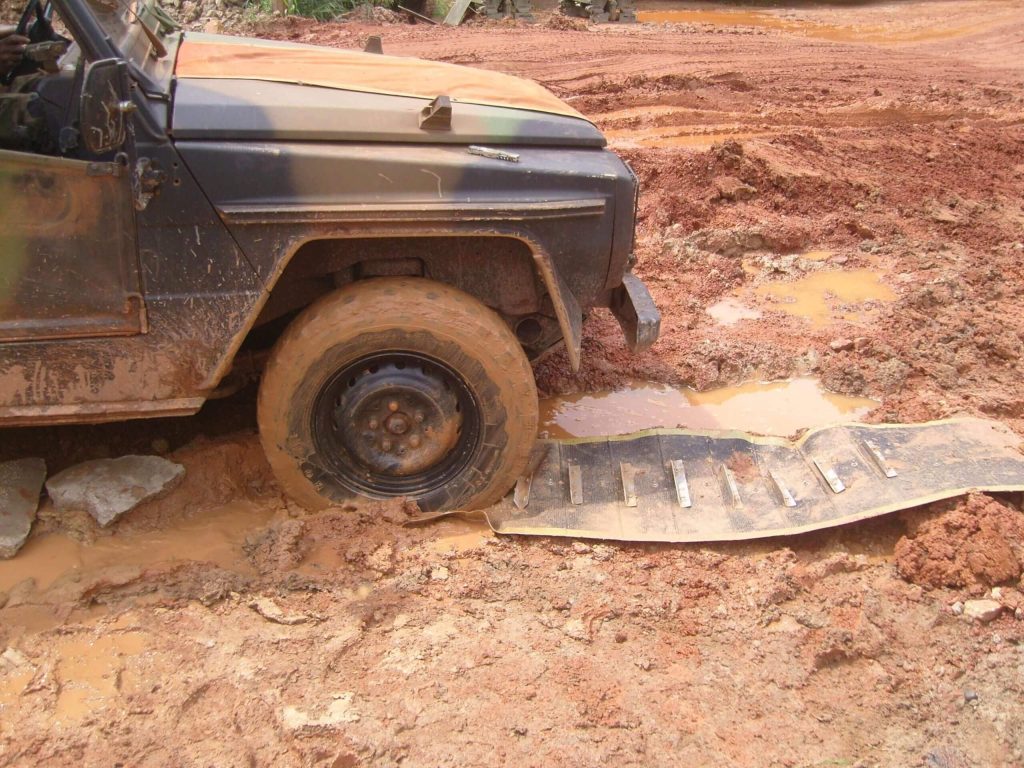
Best for sandy or muddy terrains but limited in extreme conditions.
Recovery Boards
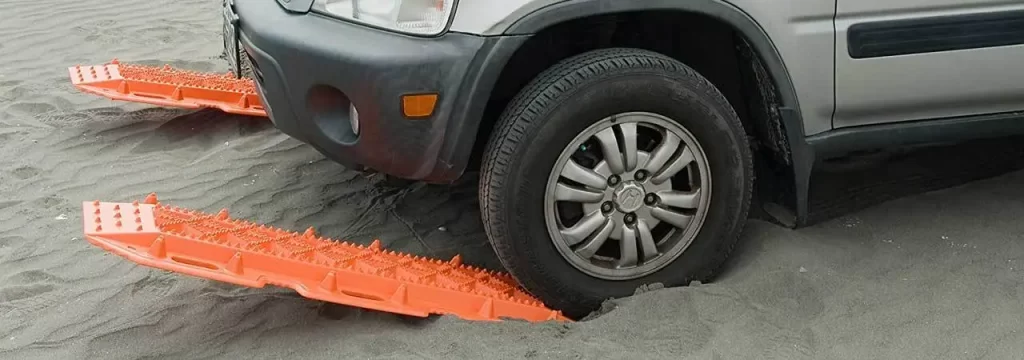
Portable and versatile but not suitable for deep mud or snow.
Shovel
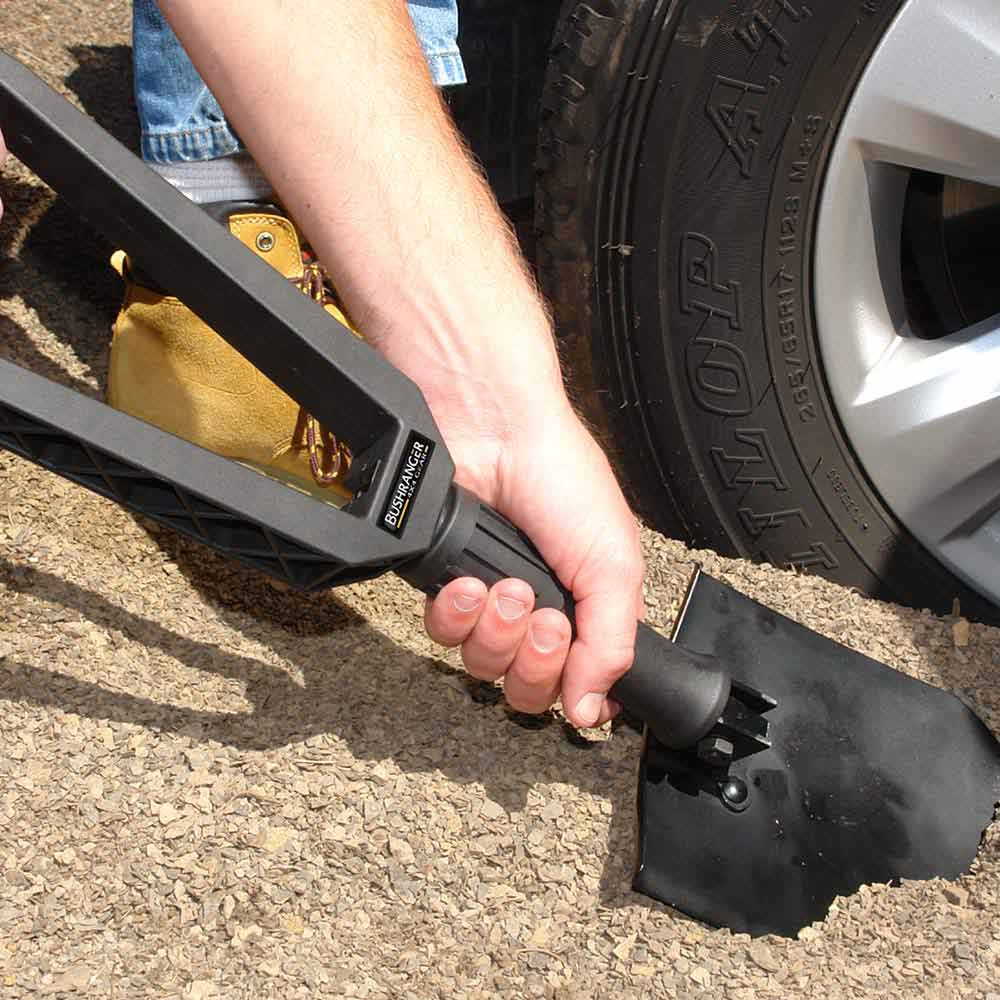
Ideal for clearing obstacles but labor-intensive.
Assistance from Others
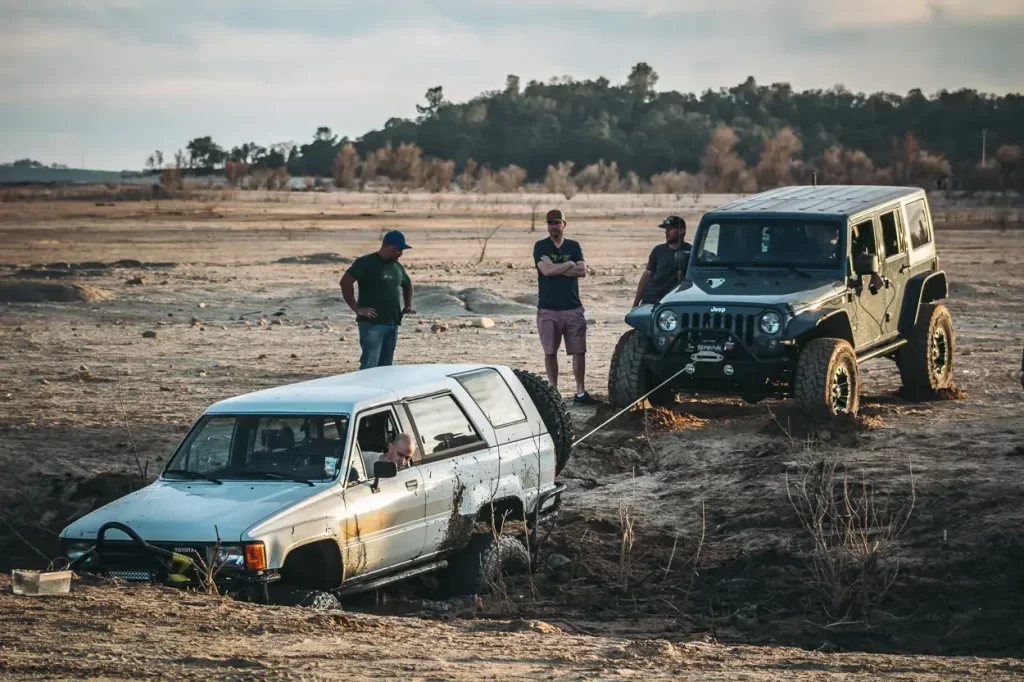
Relying on other vehicles or roadside assistance is an option, but it’s not always available, especially in remote areas.
| Tool | Best For | Limitations |
|---|---|---|
| Winch | All-terrain, solo travel | Expensive, requires installation |
| Traction Mats | Muddy or sandy terrains | Limited pull strength |
| Recovery Boards | Quick fixes in mild conditions | Not effective for deep mud or snow |
| Shovel | Clearing small obstacles | Labor-intensive, terrain-limited |
Benefits of Having a Winch
Self-recovery
Independence in Challenging Situations: One of the most significant advantages of having a winch is the ability to recover your vehicle without external assistance.
This is particularly crucial in remote or less-traveled areas where help isn’t readily available. With a winch, you’re equipped to handle tricky situations on your own.
Cost-Effectiveness Over Time: While the initial investment in a winch might seem substantial, it can be more economical in the long run.
If you frequently find yourself in situations where you might need a tow, the costs can quickly add up. A winch, on the other hand, is a one-time purchase that can serve you for many years.
Safety and Peace of Mind
Reduced Risk of Being Stranded: With a winch installed, the likelihood of being stuck in a remote location for an extended period significantly decreases.
This can be particularly reassuring if you’re traveling in areas with extreme weather conditions or limited cell service.
Stress Reduction: Knowing that you have a reliable means of recovery can greatly reduce the stress and anxiety associated with off-roading.
This peace of mind allows you to enjoy your adventures more fully, without the constant worry of what might happen if you get stuck.
Potential Cost Savings: In addition to the stress of being stranded, there’s also the potential financial burden of rescue operations or damage to your vehicle.
A winch can help avoid these costs by providing a safe and controlled recovery method.
Versatility
Beyond Vehicle Recovery: Winches are incredibly versatile tools. They can be used for a variety of tasks beyond vehicle recovery, such as pulling heavy items like fallen trees, moving boats or trailers, and even assisting in construction or landscaping projects.
Utility in Various Scenarios: Whether you’re an off-road enthusiast, a farmer, a boater, or someone who enjoys outdoor activities, a winch can be an invaluable tool. Its uses extend to many scenarios, making it a worthwhile investment for a wide range of applications.
Increased Confidence
Tackling More Challenging Terrain: Knowing that you have a winch can encourage you to explore more challenging and rewarding trails.
It opens up opportunities to experience terrains that you might have previously avoided due to fear of getting stuck.
Enhanced Off-Road Experience: With the confidence that a winch provides, your off-road adventures become more enjoyable.
You can focus on the experience and the environment rather than worrying about potential recovery scenarios.
Skill Development: Using a winch effectively also involves learning new skills. This learning process can be rewarding and can enhance your overall off-roading capabilities.
How to Choose the Right Winch for Your Vehicle
- Consider your vehicle’s weight: Choose a winch with a pulling capacity at least 1.5 times the gross weight of your vehicle.
- Select the right type: Synthetic ropes are lightweight and safer but require more maintenance, while steel cables are durable and better for rocky terrains.
- Evaluate your terrain: Heavier winches are ideal for extreme conditions, while compact models suit lighter vehicles.
Read more here -> How to Choose the Right Winch
FAQ
Do I Need a Winch For Overlanding?
Yes, a winch is highly recommended emergency equipment for overlanders. Winches allow self-recovery when stuck, prevent lengthy delays waiting for help, and enable accessing remote areas alone. They significantly expand terrain capability and provide peace of mind against trail obstacles.
What size winch do I need?
Select a winch with a pulling capacity 1.5 times your vehicle’s weight to ensure efficient recovery. For example, if your vehicle weighs 6,000 lbs, a 9,000-lb winch is ideal.
What are the downsides of a winch?
Cost: Winches can be expensive, especially high-capacity models.
Weight Addition: A winch adds significant weight to your vehicle, potentially affecting fuel efficiency and balance.
Maintenance: Regular maintenance, such as cleaning and inspecting cables, is required to ensure reliability.
Can I use a winch without other recovery tools?
While a winch is effective, pairing it with accessories like tree straps, shackles, and dampeners enhances safety and performance during recovery.
Can I install a winch on any vehicle?
Not all vehicles are winch-compatible. Ensure your vehicle has suitable mounting points and sufficient structural integrity to handle the stresses of winching. Consult a professional installer if needed.
Is a winch safe to use alone?
Winching can be safe if proper precautions are taken:
Use a winch dampener to reduce the risk of snapping cables.
Stand at a safe distance during operation.
Always follow the manufacturer’s guidelines.
Conclusion
Deciding whether to invest in a winch requires careful consideration and a clear understanding of your needs and driving habits. Don’t succumb to peer pressure or marketing hype. Weigh the costs and benefits, analyze your driving patterns and vehicle capabilities, and explore alternative solutions before making your decision.
Ultimately, choosing a winch depends on your off-roading habits, vehicle capabilities, and personal preferences. Equip yourself with the right tools to ensure safety and confidence on every adventure!
